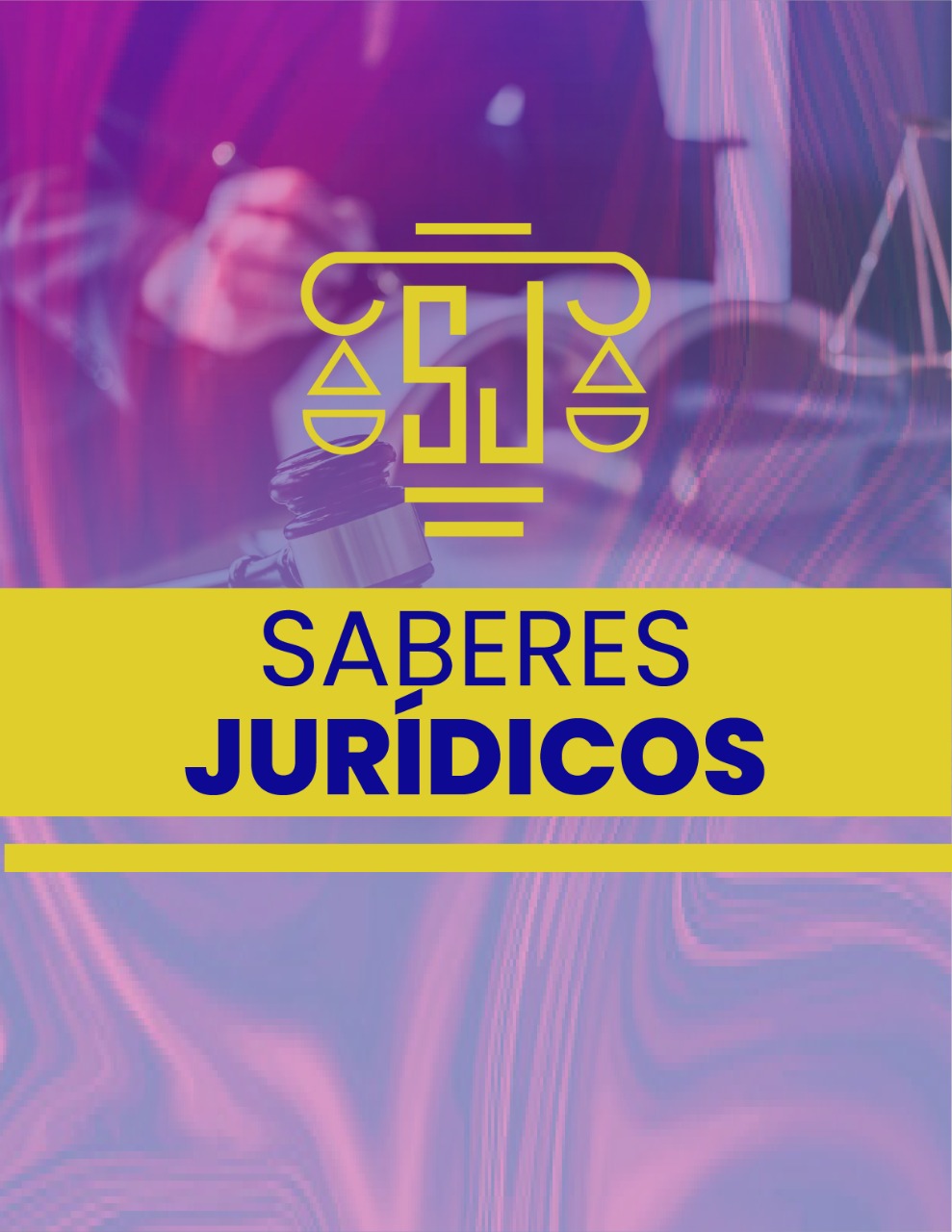Abstract
In the context of current social upheavals, translated into demonstrations, protests, social outbursts and demands from citizens, the question of political emotions acquires importance as a point of reflection and understanding of these upheavals that occur within democratic societies. The question of political emotions, whose theory has a long field to cover, mainly with regard to the method to determine a political emotion in complex and multicultural societies, is an enriching debate for those who find in the same analysis opportunities that expand our ability to understand social phenomena from an increasingly comprehensive perspective. An optics that understands that faced with a question as broad as democracy, there are endless opportunities for deliberation. This article for reflection starts from the importance of political emotions, and articulates it with another of the key issues of this century, Habermas's theory of discourse. Thus, it is a matter of finding in Nussbaum, who stands out as a pioneer and theoretician of political emotions, key aspects for the development of Habermas's theory of discourse, all of this in function of and attempts to achieve the so-called “deliberative democracy”.References
Botero Bernal, A. (2012). Introducción iusfilosófica y crítica a la obra Facticidad y validez de Habermas. En Filosofía del derecho, Andrés Botero Bernal (coord.), Editorial Universidad de Medellín, 687-752.
Caballero-Cañas, C. A. y Correa-Banquez, C. I. (2021). Peste, democracia constitucional y estados de excepción en Colombia. Revista Saberes Jurídicos, 1(1), 12-23 https://revistas.unimagdalena.edu.co/index.php/saberesjuridicos/article/view/4200/3148
Habermas, J. (1998). Facticidad y validez.Trotta.
Mejía Quintana, O. (2021.) Filosofía y teoría del derecho. Universidad Nacional de Colombia.
Nussbaum, M. (2014). Emociones Políticas. Trad. Albino Santos Mosquera. Paidos.
Peña Orozco, C. A., Herrera Delgham, L., & Salazar Manrique, J. (2021). Participación ciudadana a través de los medios de comunicación como legitimación de la democracia participativa en Colombia. Advocatus, (26), 145–153. https://doi.org/10.18041/0124-0102/advocatus.26.942
Peña, C., Ruiz, D., & Arango, A. (2020). La evaluación de políticas públicas de las Alcaldías de Barranquilla, Cartagena y Santa Marta. Martha Charris (ed). Unicesar. http://editorial.unicesar.edu.co/index.php/libros/por-facultades/derecho-ciencias-politicas-y-sociales/115-politica-y-gestion-publica-en-america-latina.
Prodi P. (2008) Una Historia de La Justicia (en papel). KATZ.
Schmitt, C. (1996). Distinción de los modos de pensar la ciencia jurídica. En Sobre los Tres Modos de Pensar la Ciencia Jurídica. Técnos.


